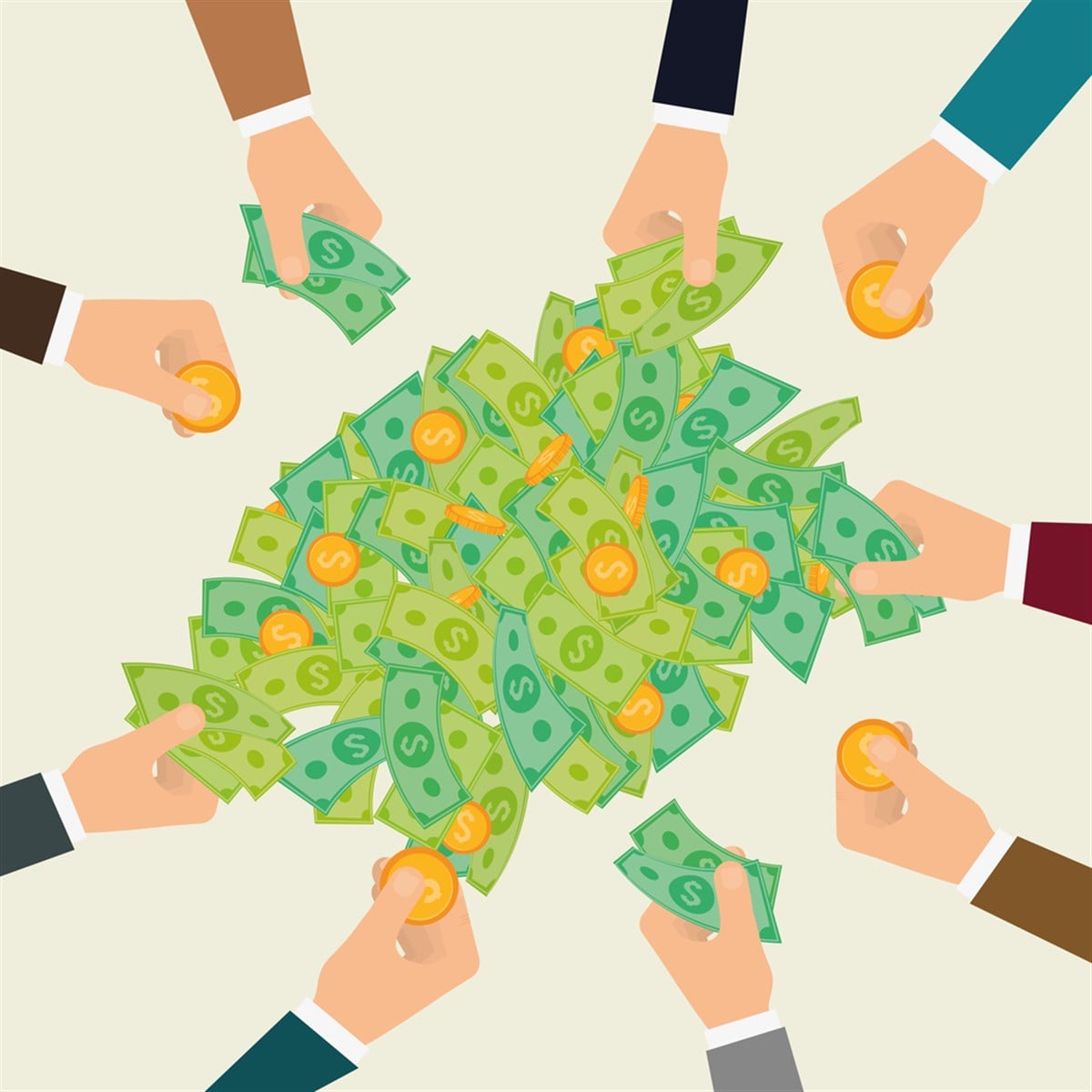
Big tech has become known for its big-time use of buybacks. In the last quarter of 2024, Apple (NASDAQ: AAPL), Alphabet (NASDAQ: GOOG), Meta Platforms (NASDAQ: META), and Microsoft (NASDAQ: MSFT) spent nearly $51 billion on share repurchases combined. This makes sense, considering the very strong balance sheets of these firms and their massive size compared to the rest of the market.
However, big tech firms weren’t the only ones spending heavily on buybacks. Here’s a look at the three non-tech U.S. stocks that spent the most on buybacks in the last quarter of 2024.
UnitedHealth Goes Big on Buybacks as Shares Plummet in December
In the last quarter of 2024, UnitedHealth Group (NYSE: UNH) spent just under $5 billion on share repurchases. Notably, this is more than Meta and almost the same as Microsoft's spending. This buyback spending was equal to nearly 1.1% of the company’s $465 billion market capitalization as of the Dec. 31 close. This amount of quarterly buyback spending was massive compared to the firm’s history.
Over the past 10 years, UnitedHealth has spent an average of $1.2 billion each quarter on buybacks. Overall, in 2024, the company spent over $16 billion on share buybacks and dividends combined.
The company’s decision to vastly increase its share repurchase activity likely had something to do with the big drop in its stock price. In December, UnitedHealth shares dropped by over 17%. This coincided with the murder of UnitedHealthcare Chief Executive Officer Brian Thompson, which occurred on Dec. 4. The stock also got hit in December after President Trump said he would "knock out" pharmacy benefit managers. This is a big part of UnitedHealth’s business.
Overall, UnitedHealth's value dropped by nearly $100 billion in December alone. However, the stock held steady during the tariff turmoil that battered markets on Apr. 3 and Apr. 4. Over those two days, shares rose slightly.
Kroger Looks to Aid Albertson’s Hangover with Billions in Buybacks
Kroger (NYSE: KR) bought back just over $5 billion worth of stock last quarter. Kroger’s Q4 2024 results are for the three months ended Feb. 1, 2025. Kroger bought back these shares using an accelerated share repurchase (ASR) agreement.
Under this agreement, the company employed an investment bank to immediately buy and deliver nearly 66 million shares on Dec. 20. This represented over 9% of the company’s outstanding share count at that time.
This decision to engage in a huge amount of buybacks came after the company’s planned merger with Albertsons Companies (NYSE: ACI) fell through. Regulators blocked the merger due to antitrust concerns.
The company executed this ASR program under its $7.5 billion standard share repurchase program. Kroger has $2.5 billion in remaining buyback capacity under this program. This is equal to around 5.6% of the company’s $44.4 billion market capitalization as of the Apr. 4 close.
Exxon Spends Nearly $6 Billion on Buybacks, Eyes $40 Billion Through 2026
The biggest non-tech spender on share buybacks last quarter was energy giant Exxon Mobil (NYSE: XOM). Exxon spent nearly $5.8 billion on share buybacks in the last quarter of 2024, the fourth most of any U.S. stock. Overall, the company led its industry in shareholder distributions in 2024. It spent $16.7 billion on dividends and $19.3 billion on buybacks, for a total of $36 billion.
Exxon has drastically increased its spending on share buybacks post-2021. Since the first quarter of 2022, the company has spent an average of $4.4 billion on buybacks per quarter. From the first quarter of 2016 to the last quarter of 2021, the company only spent an average of $223 million per quarter on buybacks.
Despite this differing buyback activity depending on the period, Exxon has clearly outlined its policy going forward. Exxon plans to spend $20 billion on buybacks annually during 2025 and 2026. This $40 billion in expected buyback spending over the next two years is very substantial. It is equal to around 8.8% of the company’s $453 billion market capitalization as of the Apr. 4 close.
In addition, Exxon boasts a very solid dividend yield of 3.8%. The firm notes that it has increased its annual dividend for 42 years in a row. Only 4% of companies in the S&P 500 can make this claim.